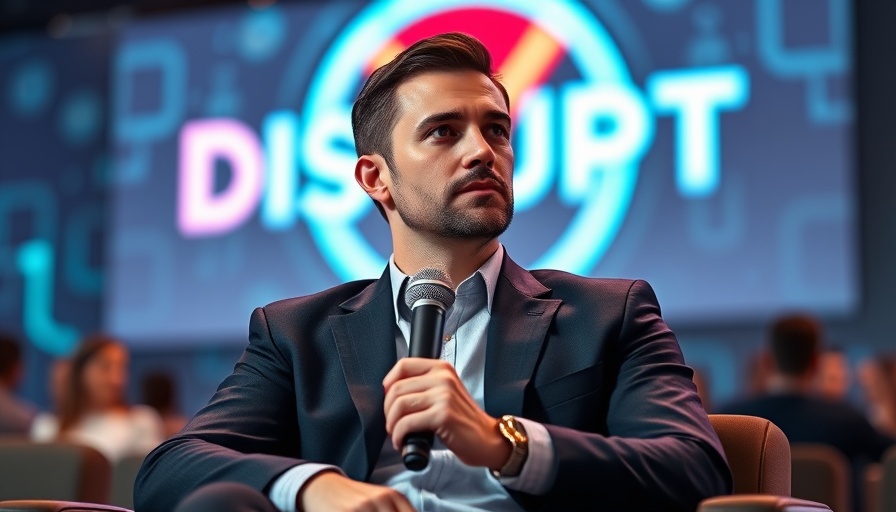
The Shift in Rivian Leadership Dynamics
The recent transfer of ownership shares by RJ Scaringe, CEO of Rivian, marks a significant shift not just in his personal stakes but potentially in the company's leadership dynamics. Following a divorce settlement finalized on July 9, Scaringe’s voting power dropped from 7.6% to around 4%, a considerable change from the time of Rivian's IPO in 2021 when he commanded a more substantial sharehold.
Implications of the Share Transfer
The settlement involved the transfer of approximately 4 million shares and 6 million options, valued at about $130 million given current stock prices. While Rivian assures that operations remain unaffected, Scaringe's diminishing control could have longer-term ramifications for the company’s governance, especially as it navigates market challenges.
Rivian's Competitive Position in the Automotive Market
Rivian is currently redefining its vehicle lineup to remain competitive within the electric vehicle sector. The anticipated launch of the R2 SUV, set to be priced at $45,000, aims to attract a broader consumer base and increase sales by appealing to the mid-range market. Both Rivian's redesigned R1S SUV and R1T truck have been optimized for cost efficiency and performance. With increasing competition in the EV space, Rivian's success will depend on executing these strategic developments effectively.
Industry Trends: The Impact of Major Stakeholders
Rivian's stakeholder landscape has evolved considerably since its IPO. Once supported by high-level investments from Amazon and Ford, the latter has largely exited the scene, making way for Volkswagen Group to acquire a 12.3% stake in Rivian. As Volkswagen continues to infuse capital into Rivian’s ventures, it will be crucial for RJ Scaringe and the company to maintain a strategic alignment with its significant investors to ensure robust growth.
Future Prospects: What Lies Ahead for Rivian?
As Rivian prepares the groundwork for new vehicle launches, the organization must also understand its fiscal strategy in light of its evolving ownership structure. The anticipated fiscal performance tied to the introduction of the R2 SUV will be a critical juncture for Rivian as the company strives to stabilize production and operational efficiency. Market dynamics will require that Rivian not only innovate but that it also builds strong relationships with its remaining stakeholders.
The Importance of Transparent Corporate Governance
This unexpected change also highlights the importance of transparency in corporate governance, particularly within startups that often face leadership shifts due to unforeseen personal circumstances. Stakeholders and investors will likely watch closely how these changes affect overall corporate strategy and governance moving forward. Scaringe’s focus on co-parenting his children and his professional responsibilities could inspire measures of stability and growth at a time of personal upheaval.
Conclusion: The Road Ahead for Rivian
In summary, RJ Scaringe's shift in share ownership comes at a pivotal moment for Rivian. While the immediate operations appear unaffected, the change in governance and stakeholder dynamics will require careful management. With a critical product launch on the horizon and possible future innovations on the table, Rivian needs to navigate these waters cautiously to maintain its place in the competitive electric vehicle market.
 Add Row
Add Row  Add
Add 



Write A Comment